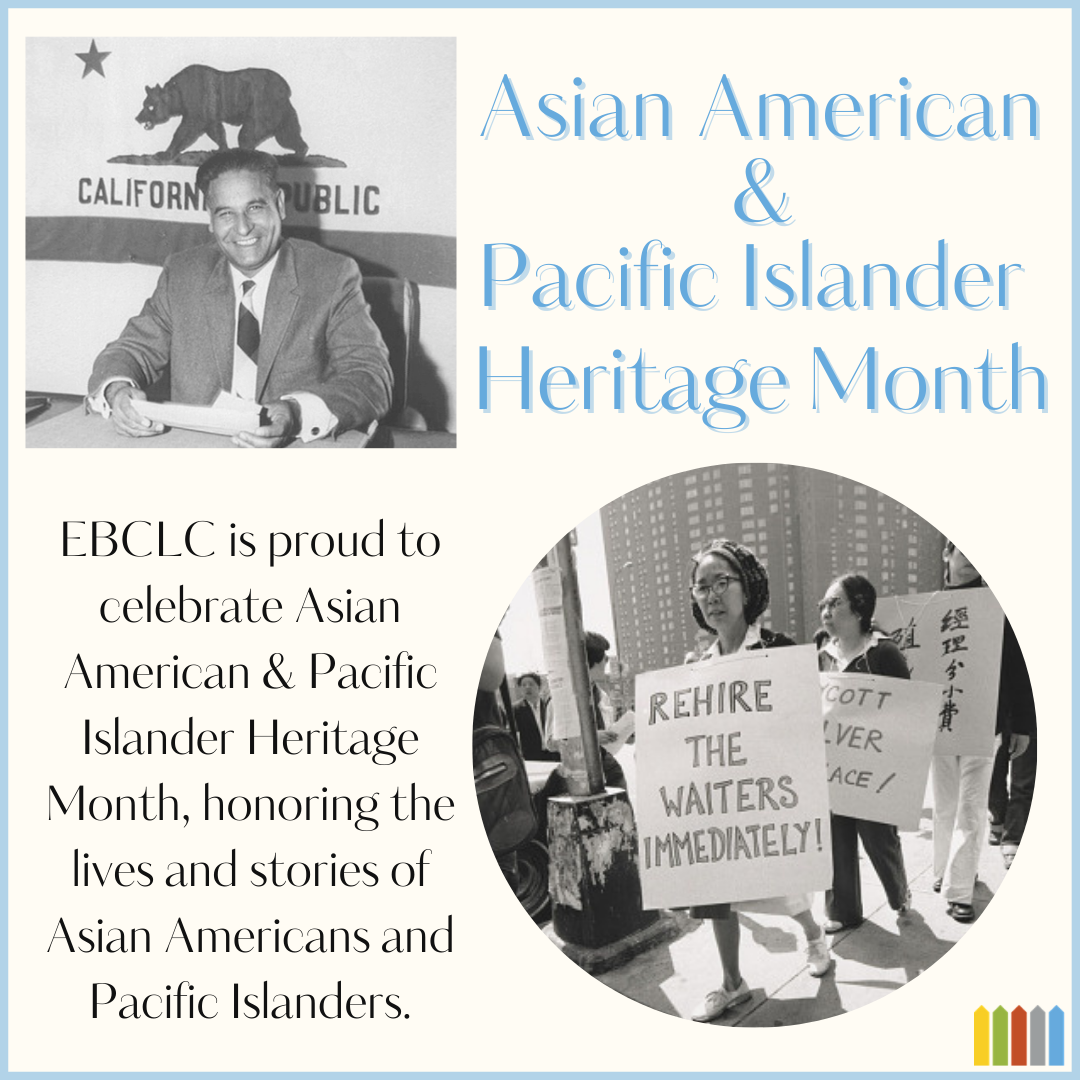
The East Bay Community Law Center (EBCLC) is honored to celebrate Asian American and Pacific Islander Heritage Month with our clients, staff, and supporters. This month, we asked our EBCLC community members to share about someone who has inspired them to honor their heritage. We hope you take some time to read their thoughtful reflections:
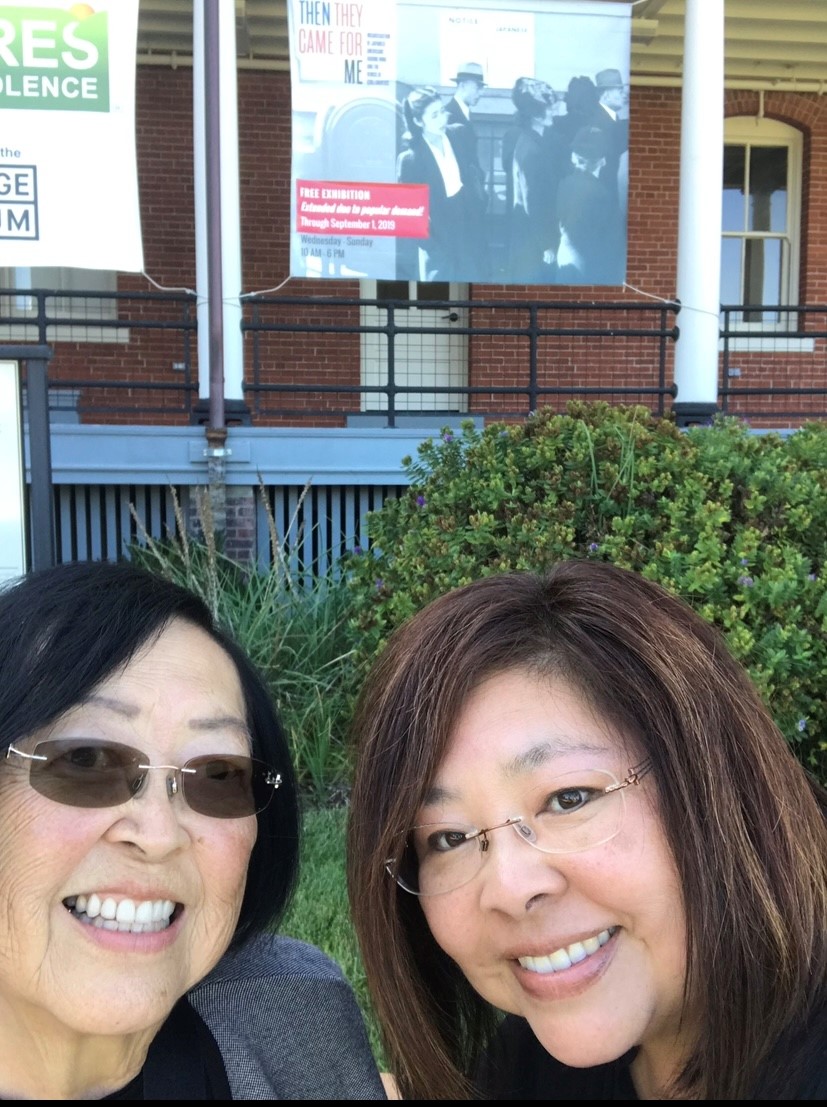 "I am honoring my mother, Jeanne, who taught me how to face adversity with dignity and grace and to honor my Japanese American heritage in ways she could not when she was growing up. She made sure I found the voice she was not allowed to have, and I strive to use that voice to better myself, our legacy, and the world. I am forever grateful for her inner strength and perseverance. Mom — we are surviving and thriving together."
"I am honoring my mother, Jeanne, who taught me how to face adversity with dignity and grace and to honor my Japanese American heritage in ways she could not when she was growing up. She made sure I found the voice she was not allowed to have, and I strive to use that voice to better myself, our legacy, and the world. I am forever grateful for her inner strength and perseverance. Mom — we are surviving and thriving together."
- Shauna Fujimoto, EBCLC Contracts Officer
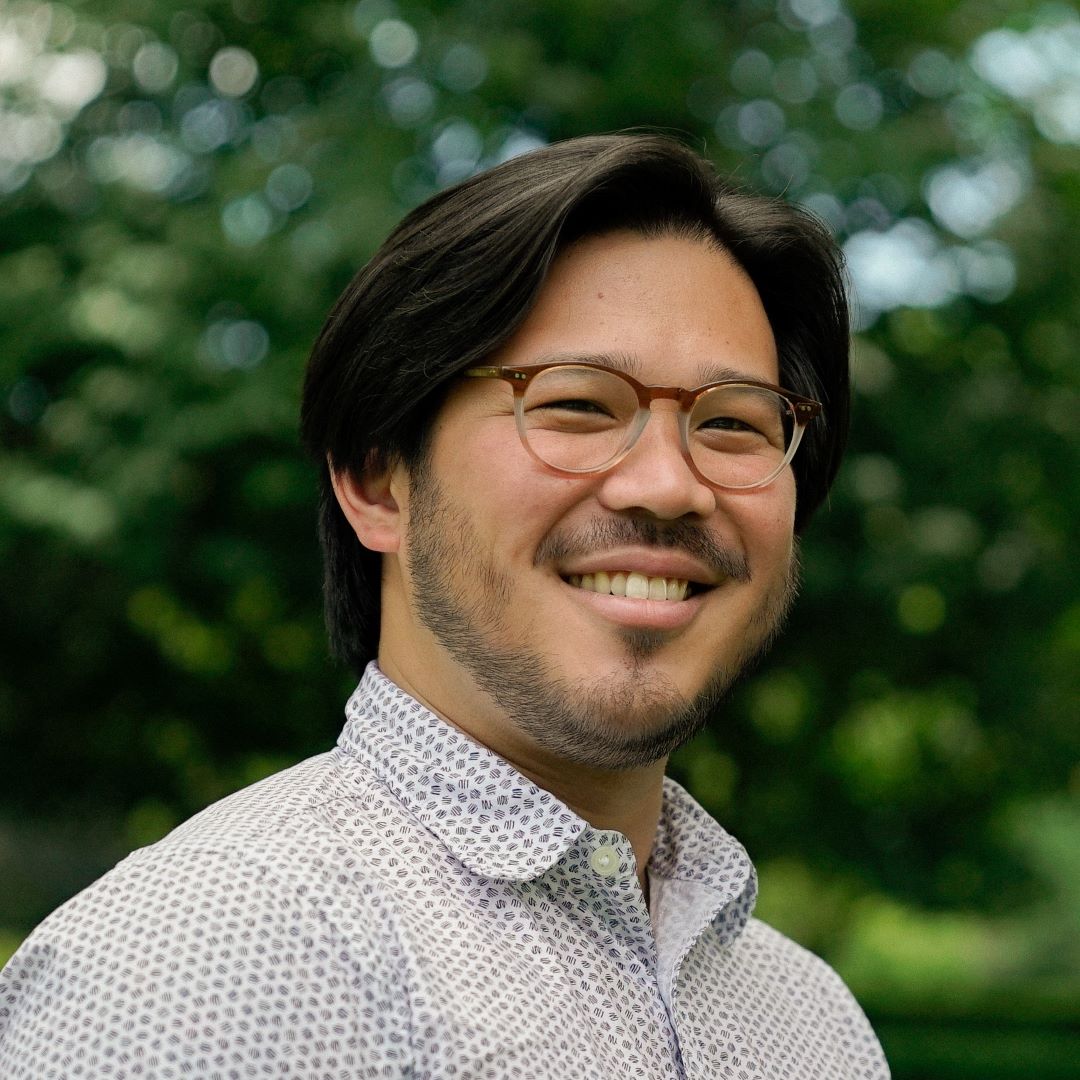 "There are so many people who have supported me on my journey toward self-acceptance and justice-based values. However, the individual whom I draw inspiration from at the moment is Bernice Bing.
For the past decade, I’ve been ruminating on my ancestry and reframing it from a more expansive lens. As a queer Chinese American, I’ve been thinking about legacy, lineage, and all the other things that survive us once we transition from this life. By reflecting on Bing’s life and contributions, I have been able to reconcile my cultural heritage with my queer experience. Bernice Bing was a Chinese American lesbian artist who began her career in the 1960s. Bing had the resilience and determination to champion her own artistic practice while also serving the community through community arts initiatives. Through her work as an arts administrator, she played a crucial role in establishing the ethos and programming of San Francisco’s arts infrastructure.
I am inspired by Bing’s courage, imagination, and commitment to the transformative power of arts-integrated community building. I count her among my queer Chinese ancestors and look to her as a compass as I make my own contributions to our collective liberation through holistic social justice work."
"There are so many people who have supported me on my journey toward self-acceptance and justice-based values. However, the individual whom I draw inspiration from at the moment is Bernice Bing.
For the past decade, I’ve been ruminating on my ancestry and reframing it from a more expansive lens. As a queer Chinese American, I’ve been thinking about legacy, lineage, and all the other things that survive us once we transition from this life. By reflecting on Bing’s life and contributions, I have been able to reconcile my cultural heritage with my queer experience. Bernice Bing was a Chinese American lesbian artist who began her career in the 1960s. Bing had the resilience and determination to champion her own artistic practice while also serving the community through community arts initiatives. Through her work as an arts administrator, she played a crucial role in establishing the ethos and programming of San Francisco’s arts infrastructure.
I am inspired by Bing’s courage, imagination, and commitment to the transformative power of arts-integrated community building. I count her among my queer Chinese ancestors and look to her as a compass as I make my own contributions to our collective liberation through holistic social justice work."
- Dan Lau, EBCLC Individual Giving Manager
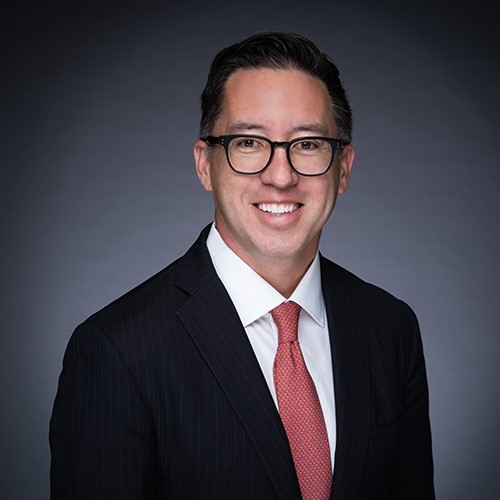 "I honor my great-aunt who immigrated to the United States from Toisan, China in the 1930s. She started out working as a seamstress in a sweatshop, but was able to save up enough to send for my grandmother — one of few single women who were able to make that journey at the time. Some of my earliest childhood memories are of she, my grandparents, and others gathering in her Chinatown apartment for tea and dim sum, teasing us kids as we played on the floor. She was a tough woman who never learned English but built her own business and lay the foundation for many generations of our sprawling Chinese American family."
"I honor my great-aunt who immigrated to the United States from Toisan, China in the 1930s. She started out working as a seamstress in a sweatshop, but was able to save up enough to send for my grandmother — one of few single women who were able to make that journey at the time. Some of my earliest childhood memories are of she, my grandparents, and others gathering in her Chinatown apartment for tea and dim sum, teasing us kids as we played on the floor. She was a tough woman who never learned English but built her own business and lay the foundation for many generations of our sprawling Chinese American family."
- Michael K. Ng, EBCLC Board Chair Emeritus
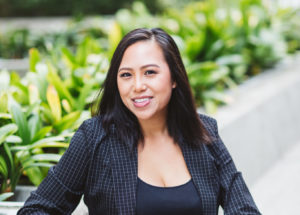 "I am inspired by my grandmothers. As a newer mom, it is easy to understand the primal drive to ensure the wellbeing of your children. But I admire both of my grandmothers for making the difficult decision to leave their home countries to a place so far away and a culture equally distant. My families are from the Philippines and Vietnam. Both sides fled oppressive governments, and both of my grandmothers had to leave at least some of their children for extended periods of time as part of their journeys. This is still a reality for mothers around the world. I am grateful to these strong women, and I am proud to embrace my heritage and all the struggle and heartbreak behind it."
"I am inspired by my grandmothers. As a newer mom, it is easy to understand the primal drive to ensure the wellbeing of your children. But I admire both of my grandmothers for making the difficult decision to leave their home countries to a place so far away and a culture equally distant. My families are from the Philippines and Vietnam. Both sides fled oppressive governments, and both of my grandmothers had to leave at least some of their children for extended periods of time as part of their journeys. This is still a reality for mothers around the world. I am grateful to these strong women, and I am proud to embrace my heritage and all the struggle and heartbreak behind it."
- Desirée Nguyen Orth, EBCLC Director, Consumer Justice Clinic
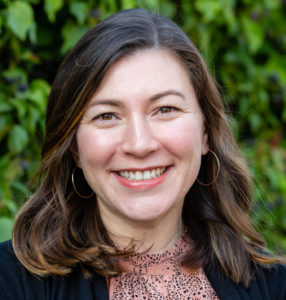 "I am inspired by my father, who was born in a WWII incarceration camp in 1943. The government forced his Japanese American parents and five siblings out of their home in Stockton, California and into confinement with thousands of others at the Stockton racetrack, from May-September 1942. They then lived behind barbed wire in camp barracks at Rohwer, Arkansas until 1944.
Despite his challenging entrance into this world, he achieved many things almost unimaginable for a low-income Asian American student from the inner city of Chicago, including a full scholarship to Harvard College and a Master’s from the London School of Economics.
The fight for equal civil rights was always a passion for him. As a reporter, he personally followed Dr. Martin Luther King Jr., Jesse Jackson, and others during their Chicago open-housing campaign in the 60’s. In 1979, he led a public protest against The Public Theater in New York and its producer, Joseph Papp, for their failure to cast Asian Americans in a play with three Asian characters — he ultimately won and went on to help produce two Asian American plays there. For the final 20 years of his career, he worked long days and nights providing for our family as an editor at the Wall Street Journal. On 9/11 he was part of a skeleton crew of journalists who got to a backup site to publish the paper on 9/12, despite their offices being evacuated across from the disaster site. He has been a fighter throughout his life who doesn’t accept Asian American invisibility or intolerance, and encourages others to recognize all of our collective humanity."
"I am inspired by my father, who was born in a WWII incarceration camp in 1943. The government forced his Japanese American parents and five siblings out of their home in Stockton, California and into confinement with thousands of others at the Stockton racetrack, from May-September 1942. They then lived behind barbed wire in camp barracks at Rohwer, Arkansas until 1944.
Despite his challenging entrance into this world, he achieved many things almost unimaginable for a low-income Asian American student from the inner city of Chicago, including a full scholarship to Harvard College and a Master’s from the London School of Economics.
The fight for equal civil rights was always a passion for him. As a reporter, he personally followed Dr. Martin Luther King Jr., Jesse Jackson, and others during their Chicago open-housing campaign in the 60’s. In 1979, he led a public protest against The Public Theater in New York and its producer, Joseph Papp, for their failure to cast Asian Americans in a play with three Asian characters — he ultimately won and went on to help produce two Asian American plays there. For the final 20 years of his career, he worked long days and nights providing for our family as an editor at the Wall Street Journal. On 9/11 he was part of a skeleton crew of journalists who got to a backup site to publish the paper on 9/12, despite their offices being evacuated across from the disaster site. He has been a fighter throughout his life who doesn’t accept Asian American invisibility or intolerance, and encourages others to recognize all of our collective humanity."